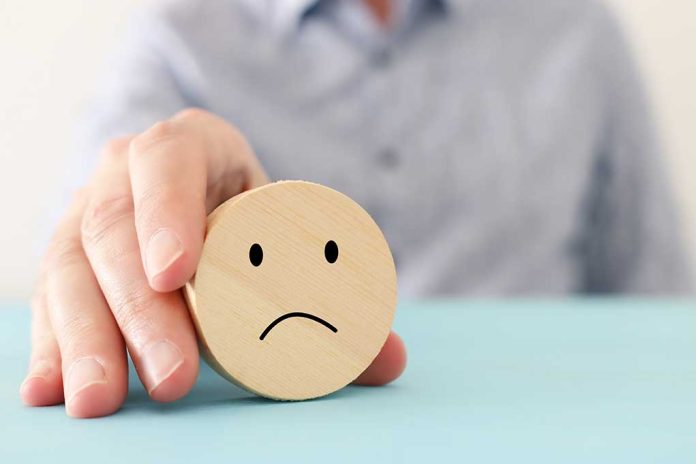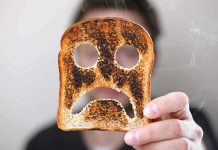
Proper oral hygiene is more than just a routine; it’s a guard against common mistakes that can severely impact dental health. Are you doing any of these?
Key Takeaways
- Chewing ice can damage teeth and fillings due to its hardness.
- Regular dental checkups are critical for preventing oral health issues.
- Skipping brushing and flossing increases the risk of gum disease.
- Smoking leads to serious oral health problems like tooth discoloration and oral cancer.
- Brushing too hard or with hard-bristle brushes harms enamel and gums.
Common Oral Hygiene Errors
Many people unknowingly harm their teeth by chewing ice, a habit exacerbated by its hardness and the low temperature, especially in those with fillings. Dr. Natalie Peterson highlights the routine nature of this action, stating, “A lot of people don’t think about it, but they chew on the ice in their drink and they just don’t think about the damage that it can do.” Proper care involves avoiding such seemingly innocuous actions that can lead to significant dental damage.
Other common mistakes include using teeth as tools, biting nails, and not replacing toothbrushes regularly. Dr. Jarrett Manning cautions against using teeth for tasks like opening bottles, emphasizing they are “not meant to open bottle tops, tear apart packages or chew on hard objects.” Regularly replacing toothbrushes is crucial, with the American Dental Association recommending every three to four months for optimal hygiene.
Food, Drink, and Lifestyle Habits
Consumption of sugary, sticky candies with acidic traits can lead to cavities and unsettle fillings. Similarly, beverages like sodas and caffeinated drinks dry the mouth, decreasing saliva that protects teeth. Smoking compounds such risks, being a leading cause of tooth discoloration and oral cancer. Dr. Jarrett Manning candidly admits, “I would never smoke or use tobacco,” underlining the significant threat it poses to oral health.
Avoiding these habits and opting for healthier alternatives can preempt many dental issues. Plain water is recommended for hydration and neutralizing acidity. Moreover, many unknowable habits like brushing immediately after acidic meals can erode enamel; a 30-minute wait is advised.
Routine and Dental Care
Skipping daily brushing and flossing sets the stage for gum disease, and these practices are critical. The ADA emphasizes flossing daily to remove debris effectively. Regular dental checkups tailored to individual needs are essential, thwarting problems before they bear fruit. As noted by the American Dental Association, regular intervals for exams and cleanings are foundational for oral health.
Ignoring dental symptoms can signal broader health issues, underscoring the bellwether role oral health can play. Maintaining good oral hygiene not only preserves a healthy smile but is a safeguard against costlier and more invasive treatments down the line.




